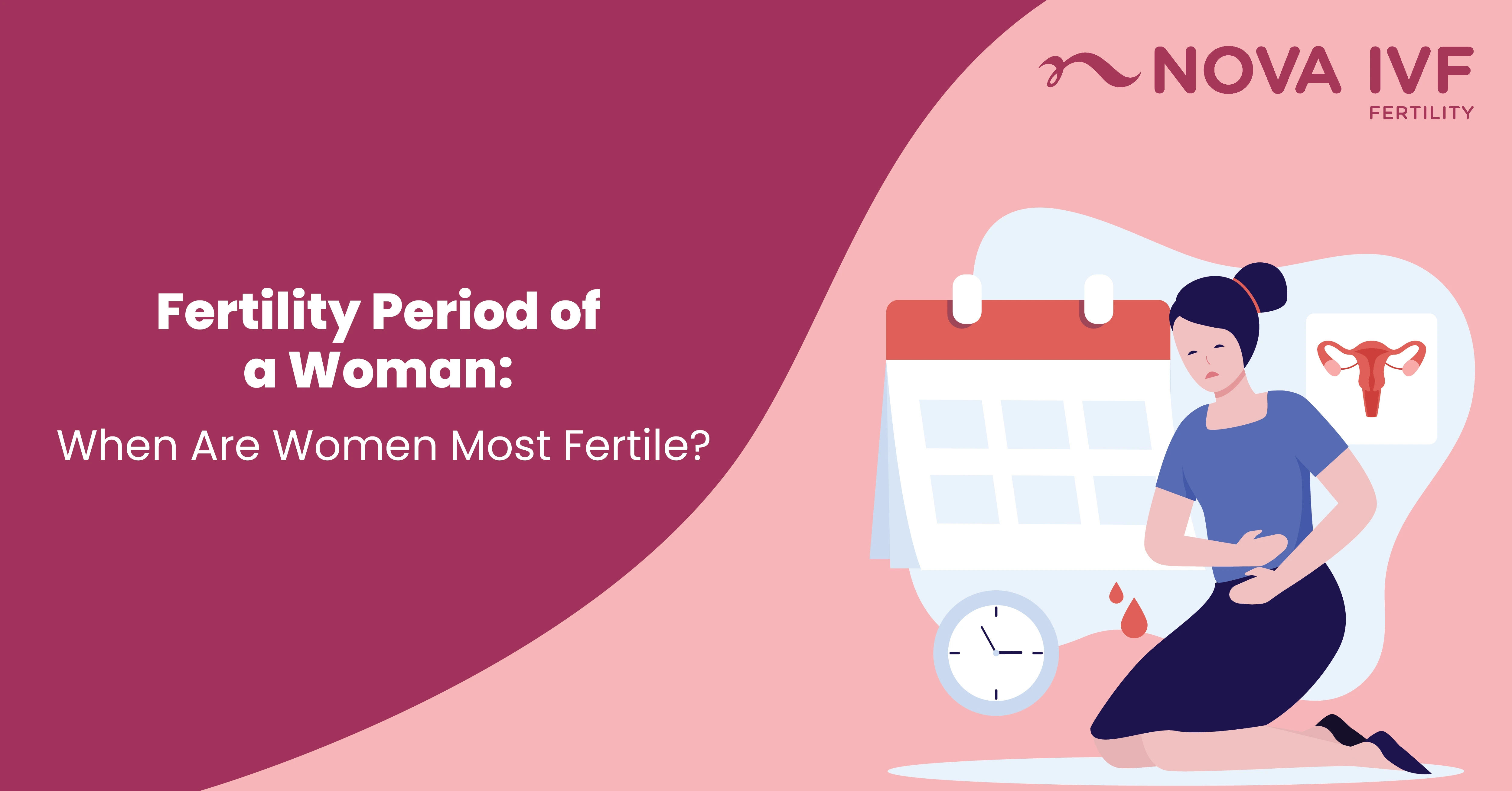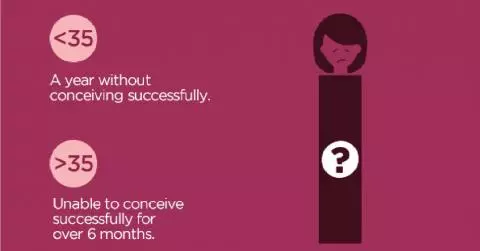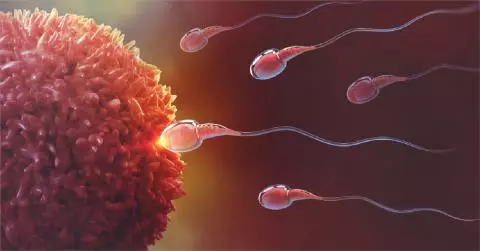Fertility Period of a Woman

Fertility Period of a Woman
Figuring out when is a woman most fertile can help in increasing your chances of conception. It is one of the most crucial aspects of family planning. Females are most fertile a day before, during, and a day after ovulation, when the egg is released. Having unprotected sexual intercourse during the fertility window is essential in conceiving.
If you are trying to conceive, you may wonder about when a woman is most fertile to increase your chances of conception. In order to know the most fertile days of a woman, you need to understand the menstrual cycle of a women.
Understand Your Menstrual Cycle Relating to Fertility
The menstrual cycle is the female body’s way of preparing for pregnancy. Each month a mature egg is released from an ovary (alternating every month) in hopes of achieving pregnancy. Technically, a menstruation cycle starts on the first day of your period and restarts on the beginning of your next period. Usually, 28 days is the average length of a menstrual cycle; but menstrual cycles can range from 21 days to 35 days as well.
In the course of one menstrual cycle, your body goes through a lot of changes and hormone fluctuations. The menstrual cycle starts with the shedding of the lining of the uterus (also called uterine lining), followed by the release of a mature egg about halfway through the cycle. This matured egg waits in the fallopian tube to be fertilised by a sperm. The lining of the uterus also thickens to prepare for the implantation of the fertilised egg.
In case the egg isn’t fertilised by a sperm, or it didn’t implant in the uterine lining after fertilisation, you don’t get pregnant. Then the body sheds the uterine lining resulting in a period. Thus, the fertility period of a woman is during the time of egg release, which is also known as the ovulation phase.
Calculating Your Monthly Fertility Window
To calculate the fertility window of a women, you need to know when do women ovulate. Ovulation occurs about 14 days before the next period’s tentative date for women who have an average monthly cycle of 28 days according to the American College of Obstetricians and Gynecologists (ACOG). Generally, females ovulate between the 11th and 21st day of their menstrual cycle.
The fertility period of a woman starts a few days before the ovulation occurs. This is because the sperm can survive for up to 5 days inside the female body. Thus, it is recommended to engage in sexual intercourse from day 9-13 of your menstrual cycle to maximise your chances of conception. It is important for the matured egg to be fertilised within 24 hours of being released as that is its maximum life span.
The ovulation period offers the highest chances of conception. Research suggests that your chances of conception start increasing from day 8 of your menstrual cycle and reach the fertility peak on day 13 with a gradual decline henceforth. However, it is important to note that ovulation can occur on different timelines for different individuals; additionally, each menstrual cycle is different.
Factors About Female Fertility Cycle
Several factors affect ovulation, and it doesn’t happen like clockwork. Your ovulation may happen early or late by a day or more in a particular cycle. The following factors influence your ability to conceive:
- Being under or overweight
- Having a sexually transmitted infection
- Health conditions like endometriosis
- Irregular and/or insufficient sleep
- Advancing age
- Damaged or blocked fallopian tubes
- Irregular periods
- Smoking
- Alcohol consumption
- Excess caffeine intake
- Overexertion
- Environmental toxins like pesticides
Calendar Method to Track Fertility Period
The calendar method is an easy way to find out when is a women’s ovulation period. You can start by marking the first day of your period on a calendar or use a period-tracking app to do this. Track the dates of your periods for at least 6 months to get an idea of your average menstrual cycle. Figure out the length of your menstrual cycle by counting the number of days between the first day of two consecutive periods and then average out the number.
Then mark the calendar on 12-14 days before the tentative first day of your next period; this is your ovulation phase. Your fertility window starts 5 days before your ovulation date and continues for about 1 day after ovulation. Thus, the fertility period of a woman is 7 days long. By tracking your periods using a calendar, you will be able to estimate your most fertile time of the month.
What Ovulation Signs Can I Look Out for If I'm Trying to Conceive?
Signs of ovulation include the following:
- Your breasts become tender
- Your basal body temperature rises about ½ or 1°C during ovulation
- Your vaginal discharge (or cervical mucus) become clearer, thinner, and stretchy with a raw egg white-like appearance during this time
- You may experience bloating or water retention
- You may observe light spotting during ovulation
- You are likely to have elevated levels of luteinising hormone (LH) in your body, which can be checked by the home ovulation kits that can measure LH levels
Conclusion
The fertility period of a woman usually lasts for 7 days each month. If you are planning a family, then this is the best time to engage in sexual intercourse and maximise your chances of conception. However, it is important to note that ovulation in each month may occur at different dates. Women who have irregular periods or are trying and failing to conceive for about 6-12 months are recommended to consult your doctor or a fertility specialist.
FAQS About Fertility Period of a Women
Q. How can I calculate my fertility if I have irregular periods?
A. You can’t calculate your fertility window accurately in such cases. If your periods are irregular and vary by more than seven days every month, you are advised to consult your obstetrician and gynaecologist or a fertility specialist to figure out and treat the root cause of the problem.
Q. How can I optimise my chances of getting pregnant?
A. Besides tracking your fertility window and having sexual intercourse during it, you are recommended to do the following:
- Eat a healthy, balanced meal
- Quit smoking
- Avoid alcohol
- Exercise in moderation
- Manage your stress levels
Q. Can I get pregnant after the fertility window ends?
A. There are chances that you ovulate on different timeline in each menstrual cycle. Thus, there is also a possibility for you to become pregnant if your ovulation is delayed and you have sexual intercourse around that time.
 Infertility Counselling
Infertility Counselling Female Infertility Treatment
Female Infertility Treatment Andrology Treatment
Andrology Treatment Fertility Enhancing Surgeries - Female
Fertility Enhancing Surgeries - Female Fertility Enhancing Surgeries - Male
Fertility Enhancing Surgeries - Male Endoscopy Treatment
Endoscopy Treatment IUI Treatment
IUI Treatment IVF Treatment
IVF Treatment ICSI Treatment
ICSI Treatment Advanced IVF Solutions
Advanced IVF Solutions Embryology
Embryology Vitrification Egg, Embryo, Sperm Freezing
Vitrification Egg, Embryo, Sperm Freezing Preimplantation Genetic Testing (PGT)
Preimplantation Genetic Testing (PGT) Donation Program Embryo / Egg / Sperm
Donation Program Embryo / Egg / Sperm Self-cycleTM IVF
Self-cycleTM IVF

 Self-cycleTM IVF
Self-cycleTM IVF









